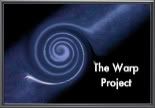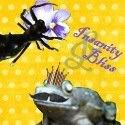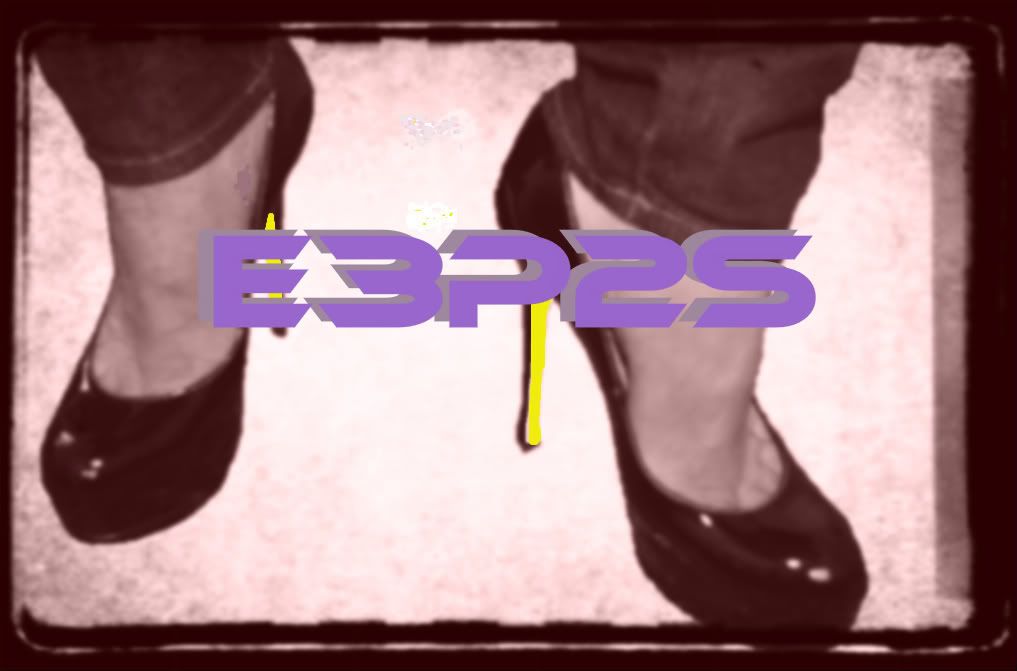Episode 3 of The Original Series had also aired as the pilot for the Star Trek. We watched and commented on that episode as the pilot, and so now move from episode 2, directly to episode 4, "The Naked Time."
Episode Quick Summary
Spock beams down to a planet to pick up a science party along with ensign Joe. They arrive in full body covering and discover the entire science party dead and frozen. Spock is unable to determine cause of the disaster, telling Kirk that the situation is unlike any they have encountered before. While Spock is investigating, we see Joe remove a glove, rub his nose, and then unknown to himself (or Spock) become exposed to an orange fluid. He then puts his glove back on and Spock returns assuming both of them to have followed safety protocol. Spock and the ensign return to the Enterprise, and the crew attempts to investigate the cause of the science party's death, while also preparing to observe the destruction of the planet. The planet they are investigating is in the process of imploding. Joe becomes more and more irritated with his own hand, continually attempting to rub something off of it, and then exhibiting irritation with anyone on board that interacts with him. In his madness, the ensign intensely questions the presence of man in outer space. "If man was meant to fly, he'd have wings.... We don't belong out here. We don't belong!" Joe then begins to act as though he intends to stab himself with a knife. Sulu, and another ensign Riley wrestle with him, and we see that the Riley too becomes infected. The crew is now faced with dealing with the destruction of a planet in front of them, and an unknown disease within the crew. The planet begins to exhibit strange effects on the orbiting proximity of the ship, just as the originally infected ensign also fails to respond to standard medical intervention and instead dies inexplicably.

Episode Tidbits
These early Star Trek episodes show a standard of group project management fundamentally dependent on a single authority. The Enterprise operates in a way that means everything runs through Captain Kirk. He obviously depends on his officers but even small details must be fully reported to him, and the final heroism that saves the crew from demise or failure consistently occurs through Kirk. This pattern of authority differs from what we see later in The Next Generation where Picard is certainly the main authority, and much of the final heroism certainly does occur through him. However, in The Next Generation we more readily see episodes devoted to the skills and authority of other crewmen, and problem solving occurs often through group brainstorming and implementation.
For the first time we see Spock utilize his disabling power shoulder squeeze. Kirk responds to Spock's use of it saying, "I'd like you to teach me that sometime." The implication is that the power is something innate to Spock, and admired by Kirk.
It is in this episode that we also discover for the first time in the Star Trek universe that Spock is a character that does have emotions but operates out of supreme control of those feelings, rather than in an absence of them. The madness that grips the crew brings unresolved personal issues to the surface. In each case the crewman that goes mad falls into a dramatic and uncontrollable expression of underlying unresolved personality characteristics. For Spock, it is emotions themselves that are what boil up to dominate him. This episode tells us that for genuine personal health it is not enough to operate out of socially appropriate control of our overt behaviors and feelings. Instead, we must also address those underlying feelings or characteristics that we might believe we can "get over" by simple avoidance. "The Naked Time" tells us that it is these ignored aspects of ourselves that may be the key to our own health, or our own undoing. In ignoring such tendencies, they could come back to dominate us in times of stress, thus overwhelming us, and so leading our behavior and understanding of ourselves into radical imbalance. If we are to be self-actualized, or well balanced individuals we must face those parts of ourselves we had hoped to just "get over" and learn how to transform and/or integrate those aspects into our self as a whole.
As much as I adore the ethical psychology of Star Trek, I have to say that the most savory, thrilling moment of this episode is when they discover that the collapsing of a planet gives them the power to travel back in time. "We may risk it someday." Kirk says in considering that they could use this new power again in the future. As we'll discover later in ST:IV the crew comes to understand what is necessary (besides a collapsing planet) to claim such power, and does utilize it for time travel to save all of humanity.
Episode Quotations
"It could be some kind of space madness." --Spock
"You know what Joe's mistake was? He wasn't born an Irish man." --ensign Riley
"Now, Sulu, who is at heart a swash buckler from the 18th century...." --Spock describing Sulu gripped by space madness
"Jim, when I feel friendship for you, I am ashamed.... I've spent a whole lifetime learning to hide my feelings." --Spock in his mad state explaining his sense of self-discovery to Kirk
"Love! You're better off without it. I'm better off without mine. This vessel-- I give. She takes. She won't permit me my life. I've gotta live hers." --Kirk facing his own space madness. In this moment we discover that Kirk does long for genuine human love but believes his obligation to be to the demands of the ship, which for him requires a life without a primary romantic relationship. Even after Kirk has been given an inoculation to the disease we see that he struggles against his own feelings of loneliness. "No beach to walk on." he says, an expression of his longing for romantic interaction.
Comments made while watching the episode
"He needs to quit touching himself." --Sabrina 9 years old, in response to the first ensign inadvertently rubbing his infected hand against his torso and arms repeatedly






No comments:
Post a Comment